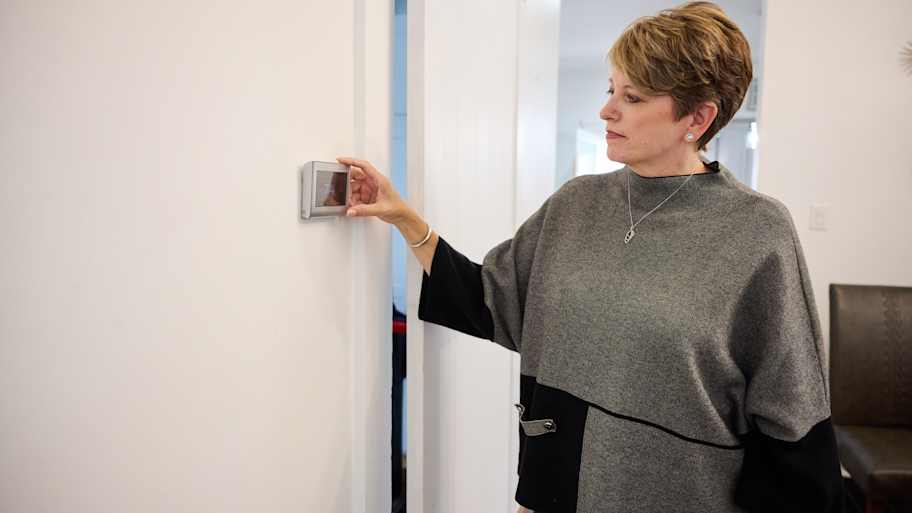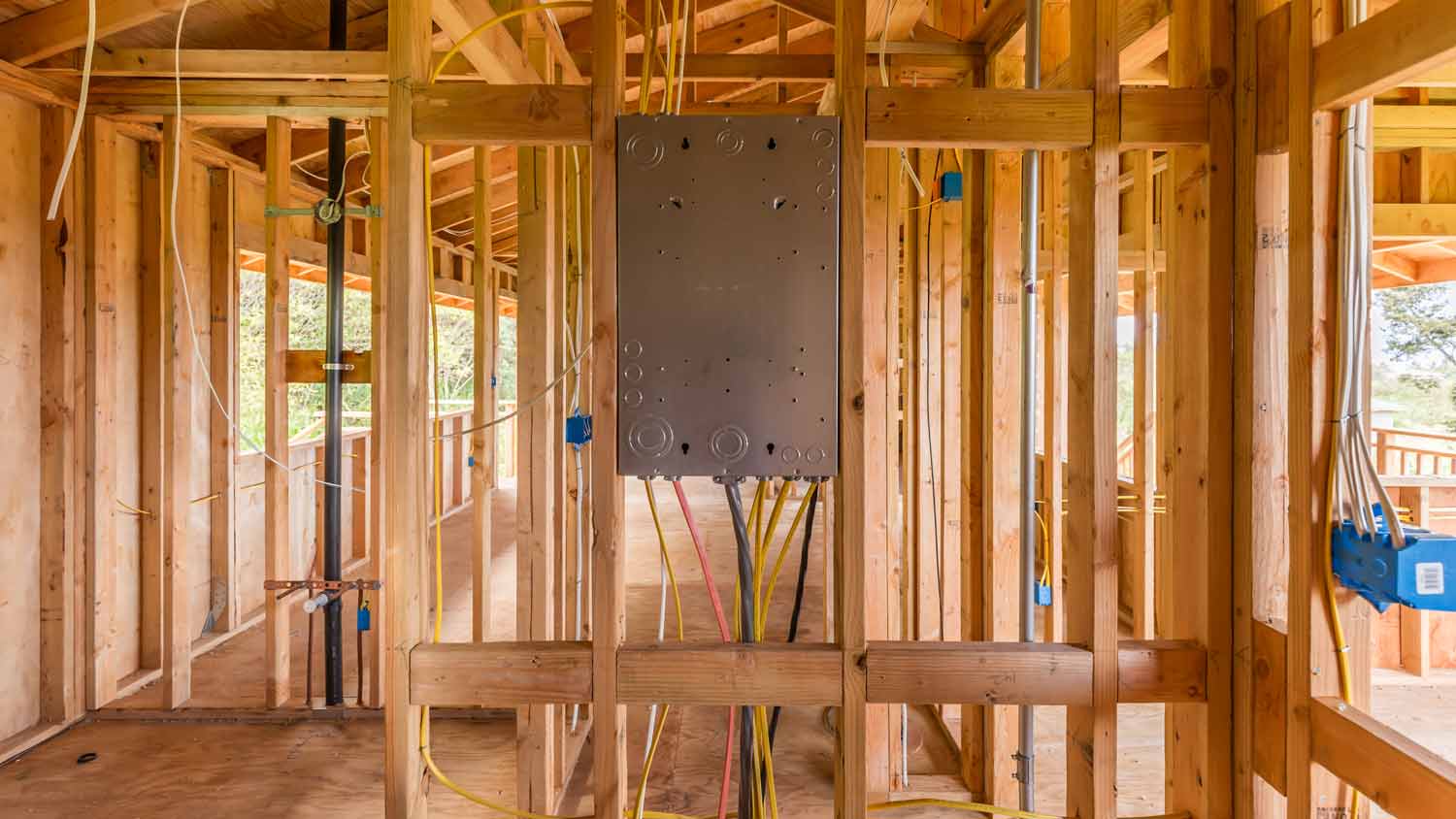
Get matched with top biohazard remediation specialists in Hillsboro, ND
There are 0 highly-rated local biohazard remediation specialists.
Biohazard remediation specialists in Hillsboro
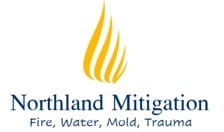
Northland Mitigation Inc. is dedicated to providing our customers with the best quality and craftsmanship. We are here to build relationships with our customers and communities and to provide our employees with a great place to work. Northland Mitigation Inc. is a leader in providing our customers with the highest quality products and craftsmanship in an honest, efficient, and professional way. Our pledge is to create successful relationships with our customers, employees and community by building trust, treating every project with the utmost integrity and exceeding expectations. We look forward to working with you!
"As a property manager I have hired these guys for several of their services they provide and they have been nothing but easy to work with and very professional."
Amy P on December 2023
Northland Mitigation Inc. is dedicated to providing our customers with the best quality and craftsmanship. We are here to build relationships with our customers and communities and to provide our employees with a great place to work. Northland Mitigation Inc. is a leader in providing our customers with the highest quality products and craftsmanship in an honest, efficient, and professional way. Our pledge is to create successful relationships with our customers, employees and community by building trust, treating every project with the utmost integrity and exceeding expectations. We look forward to working with you!
"As a property manager I have hired these guys for several of their services they provide and they have been nothing but easy to work with and very professional."
Amy P on December 2023
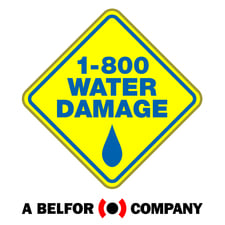
We are a locally owned and operated company that values honesty and integrity in all aspects of our business. Our major focus is on the quality of our work and producing outstanding results. We are committed to creating a level of value unmatched by any of our competitors. We look forward to building lasting relationships with our clients and guarantee your satisfaction!
We are a locally owned and operated company that values honesty and integrity in all aspects of our business. Our major focus is on the quality of our work and producing outstanding results. We are committed to creating a level of value unmatched by any of our competitors. We look forward to building lasting relationships with our clients and guarantee your satisfaction!

We are the mold experts of ND. Offering mold inspections, mold testing, and air sampling for residential and commercial properties. We are Professional Mold Inspection Institute certified. Midwest Mold Inspection is committed to excellence in every aspect of our business. We uphold a standard of integrity bound by fairness, honesty and personal responsibility. Our distinction is the quality of service we bring to our customers. Accurate knowledge of our trade combined with ability is what makes us true professionals. Above all, we are watchful of our customers interests, and make their concerns the basis of our business.
We are the mold experts of ND. Offering mold inspections, mold testing, and air sampling for residential and commercial properties. We are Professional Mold Inspection Institute certified. Midwest Mold Inspection is committed to excellence in every aspect of our business. We uphold a standard of integrity bound by fairness, honesty and personal responsibility. Our distinction is the quality of service we bring to our customers. Accurate knowledge of our trade combined with ability is what makes us true professionals. Above all, we are watchful of our customers interests, and make their concerns the basis of our business.
OFC's office hours are 8:00 - 5:00 p.m. Servicing customers remains open 24/7 We do take calls at any hour of the night or day, if a service is needed we will work with you to do that. 6 employees, small business, family owned & operated Locating contamination with the one & only Fiber Optic Scope that let you visually see what is in your tank. We own the patent on the system, we have exclusive rights to the Fiber Optic Scope. Acceptable payments with Check, Credit Card, Cash Offer a 3 year maintenance program the gives huge discounts on the service
OFC's office hours are 8:00 - 5:00 p.m. Servicing customers remains open 24/7 We do take calls at any hour of the night or day, if a service is needed we will work with you to do that. 6 employees, small business, family owned & operated Locating contamination with the one & only Fiber Optic Scope that let you visually see what is in your tank. We own the patent on the system, we have exclusive rights to the Fiber Optic Scope. Acceptable payments with Check, Credit Card, Cash Offer a 3 year maintenance program the gives huge discounts on the service
Fire, Smoke and Soot
Fire, Smoke and Soot
Global Plasma Solutions is a manufacturing company that sells air purification systems primarily into the commercial and residential markets. Home owners can benenfit from our systems as they are easily adapted to any HVAC system. Go to www.gpshvac.com to find a certified contractor near you to have one installed within your home.
Global Plasma Solutions is a manufacturing company that sells air purification systems primarily into the commercial and residential markets. Home owners can benenfit from our systems as they are easily adapted to any HVAC system. Go to www.gpshvac.com to find a certified contractor near you to have one installed within your home.
PLUG N DIKE CAN HELP TO CONTROL AND CONTAIN LARGER SPILLS.
PLUG N DIKE CAN HELP TO CONTROL AND CONTAIN LARGER SPILLS.
Biohazard remediation services FAQs
There are several instances where household biohazard cleanup would be needed. All in all, anytime an event can potentially expose people to chemicals, pathogens, or viruses, a biohazard cleanup company must be called. These events can include:
Sewage backup
Unattended death or crime scene after death
Virus decontamination
Medical waste disposal
Animal waste disposal
Odor control
Hazardous chemical removal
The cost of biohazard cleanup averages between $3,000 and $5,000 for most homeowners. Some services, like sanitizing high-traffic areas or sanitizing surfaces from a virus, cost closer to $1,500. However, other circumstances, like the extensive cleanup after a major sewer backup, could cost as much as $25,000.
While a biohazard cleanup sounds like a scary process, knowing what to expect can help ease your concerns and set you up for success. It’s good to note that more than one professional might be needed depending on your situation, but that will be determined during the assessment. What you can expect during a home biohazard cleanup is the following:
Assessment: The first step in this process is for a biohazard cleanup professional to assess the damage. They create a report that includes the biohazard safety level, the needed damage cleanup, and the time it should take to complete the project.
Setup: The cleanup professional prepares the site to prevent cross-contamination and reduce toxicity risk. This process can include tarping and creating decontamination zones.
Removal of surface contamination: Any contaminated materials are removed from the area, starting with large materials followed by small ones. The professional can assess any floor-related damage once everything is removed from the site.
Salvaging items: The biohazard cleanup professionals assess which items can be saved and which are contaminated beyond the point of saving. Those deemed unsafe will be disposed of immediately.
Waste disposal: The next step is carefully disposing of the hazardous waste. Your professional will place the contaminated items in specific containers to keep the contamination from spreading.
Disinfection: The house will be disinfected and odor-neutralized. Even more minor details, like light switches and bulbs, will be disinfected so that they do not recontaminate the area in the future.
Restoration: Once the decontamination is complete, the last step is to restore the home. This includes repairing the damage to flooring, walls, or even the home's foundation.
Most homeowner’s insurance policies can help cover the cost of biohazard cleanings for specific events. Biohazard events like unattended death, infectious disease, and medical emergency are generally covered, as are flooring and drywall repairs. It’s best to check with your insurance company to see what is specifically covered.
One of the best ways to prepare for a home biohazard cleanup is not to touch anything. Do not remove belongings, even if they are of value or importance, from the area as they are likely contaminated. It’s essential not to use any cleaning products of your own, as the cleaning company will be using chemicals that could interact with your products.
One thing you can do to prepare is take pictures of your space and belongings that need to be cleaned, especially if you plan on filing a claim with your insurance company. In addition, take time to make a list of items that are valuable, sentimental, or otherwise important. The cleanup company must evaluate these belongings to make sure they are safe.
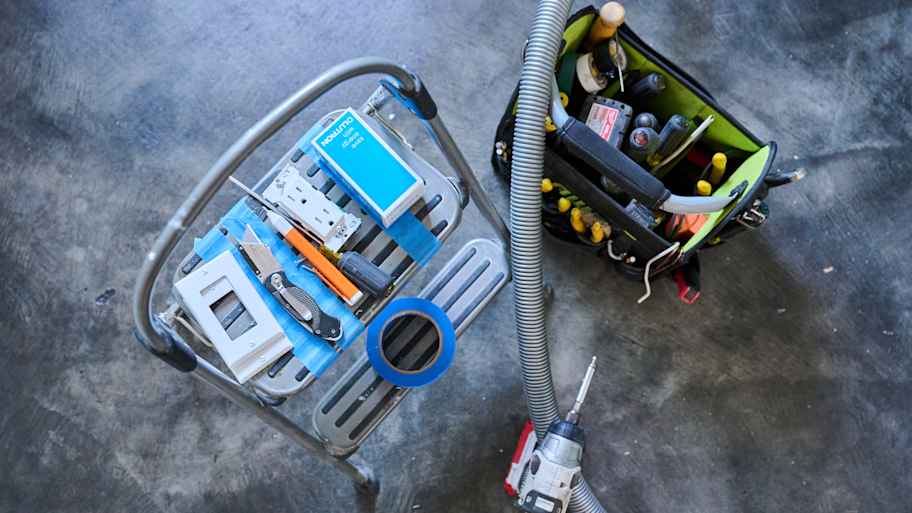
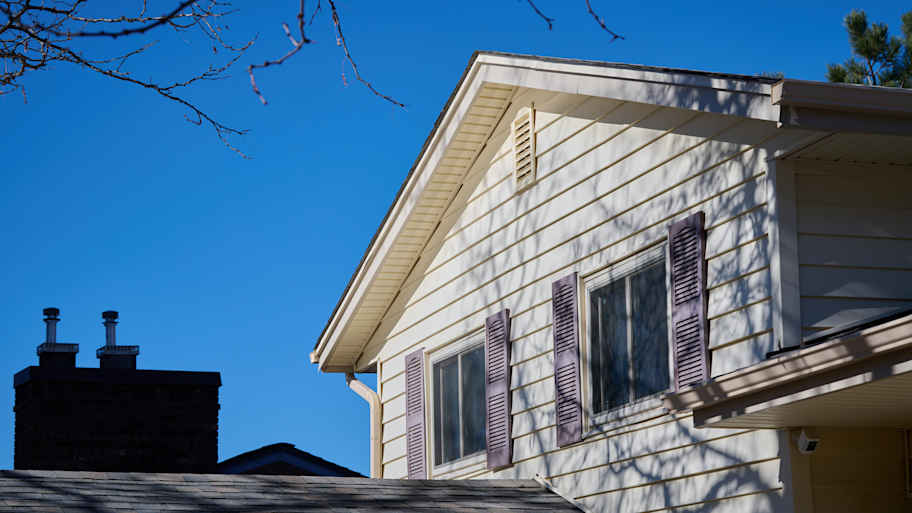
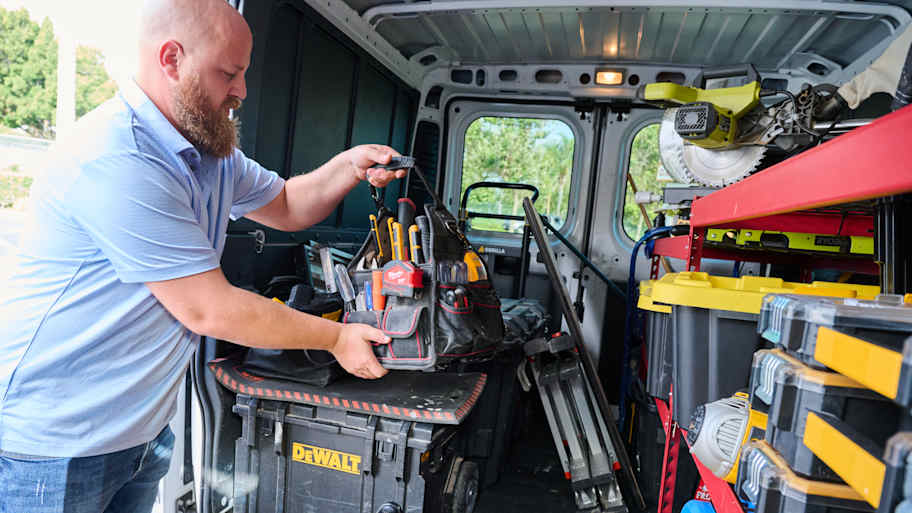
.jpg?impolicy=leadImage)
